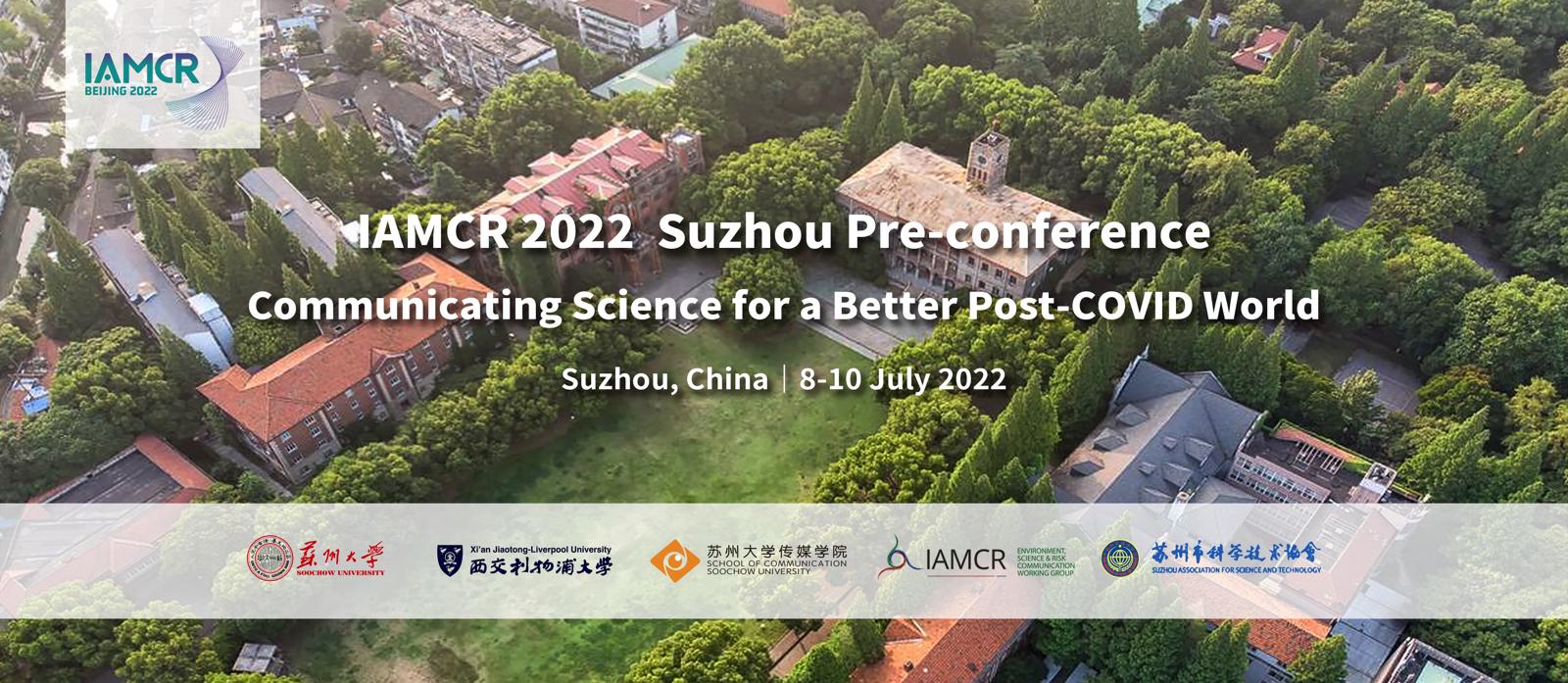Social media often serve as the primary means through which individuals acquire relevant knowledge and information during emerging infectious disease outbreaks. Building on the Cognitive Mediation Model, this study examines how information processing on social media , along with motivational factors of surveillance, anticipated interaction and guidance, influence individuals’ knowledge about the infectious disease and preventive behavioral intentions during the COVID-19 pandemic. A random sample of 1,300 Chinese netizens in five major cities of China was collected through an online survey panel at the early stage of COVID-19 outbreak. The results suggested that motivations had different influence on the information processing on social media. Surveillance gratification and anticipated interaction had positive associations with attention to COVID-19 related information on social media, while guidance motivation had no significant association to attention to social media information. Anticipated interaction and guidance motivations were positively associated with elaboration, whereas the association between surveillance gratification and elaboration was negative. Anticipated interaction and guidance were positively associated with participation in the discussions on social media, while surveillance gratification was found to be negatively associated with individuals’ discussion on social media. Elaborative processing of information on social media played a determining role in predicting the Chinese netizens’ acquisition of knowledge about COVID-19 and their intentions to follow the preventive behaviors, while discussion about information related to COVID-19 on social media had a reverse relationship with both knowledge and preventive behavioral intentions. Attention influenced knowledge and preventive behavioral intentions only indirectly through elaboration and discussions on social media. The findings highlight the importance of taking into account the distinct features of social media in studying people’s use of the platforms for science issues and health concerns as well as in applying the cognitive mediation model as an effective social learning approach in the context of social media. The implications of the study can be helpful for journalists and health professionals to better understand the behaviors of social media users, more effectively communicate science and health information, and engage the users in a public health crisis.

 京公网安备 11010802039275号
京公网安备 11010802039275号